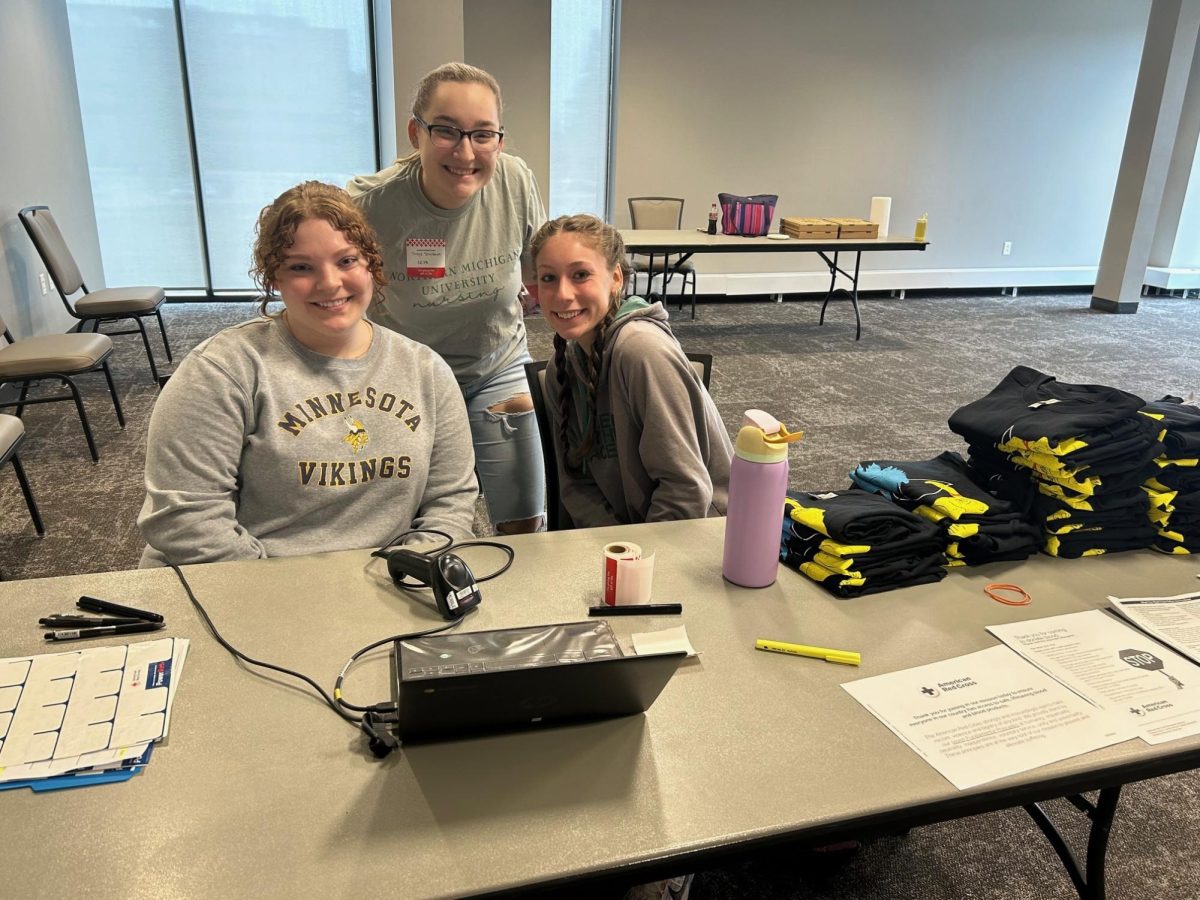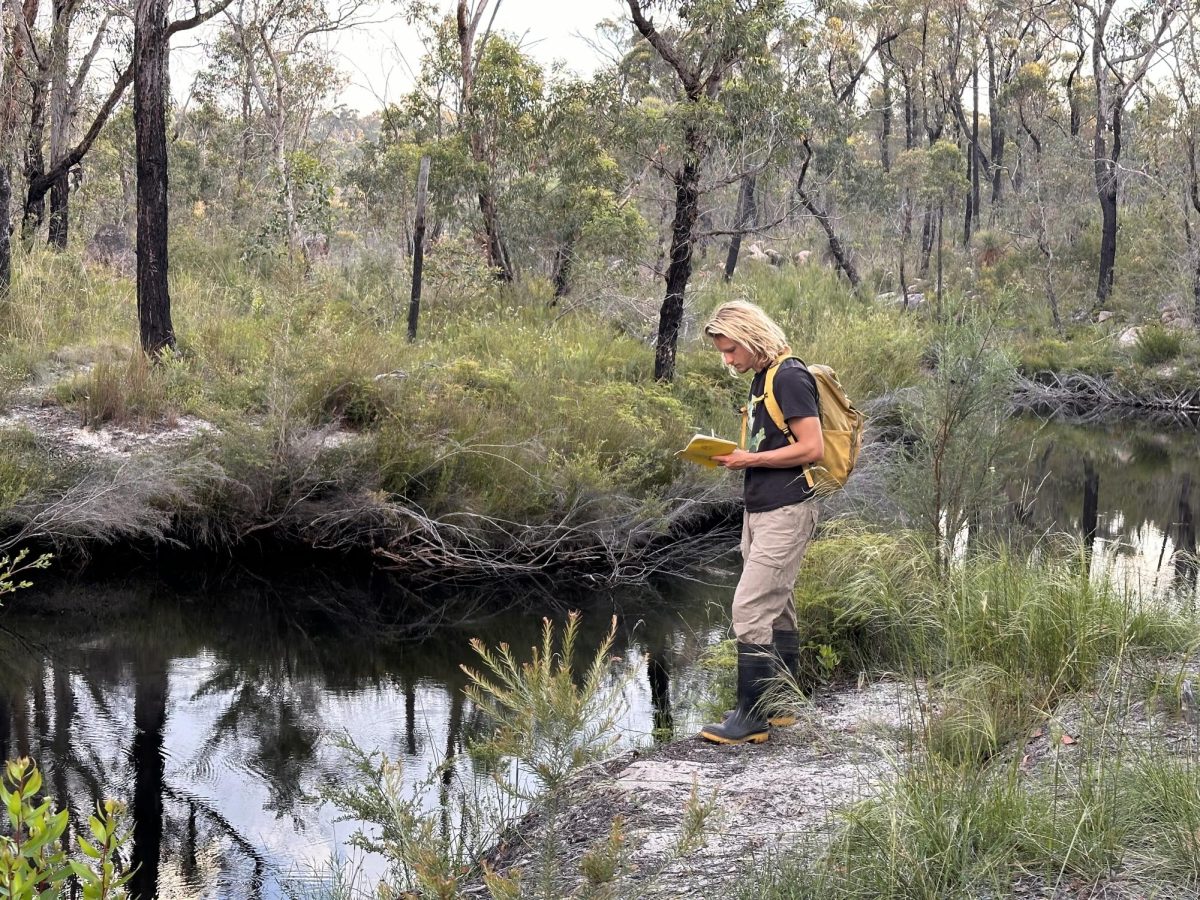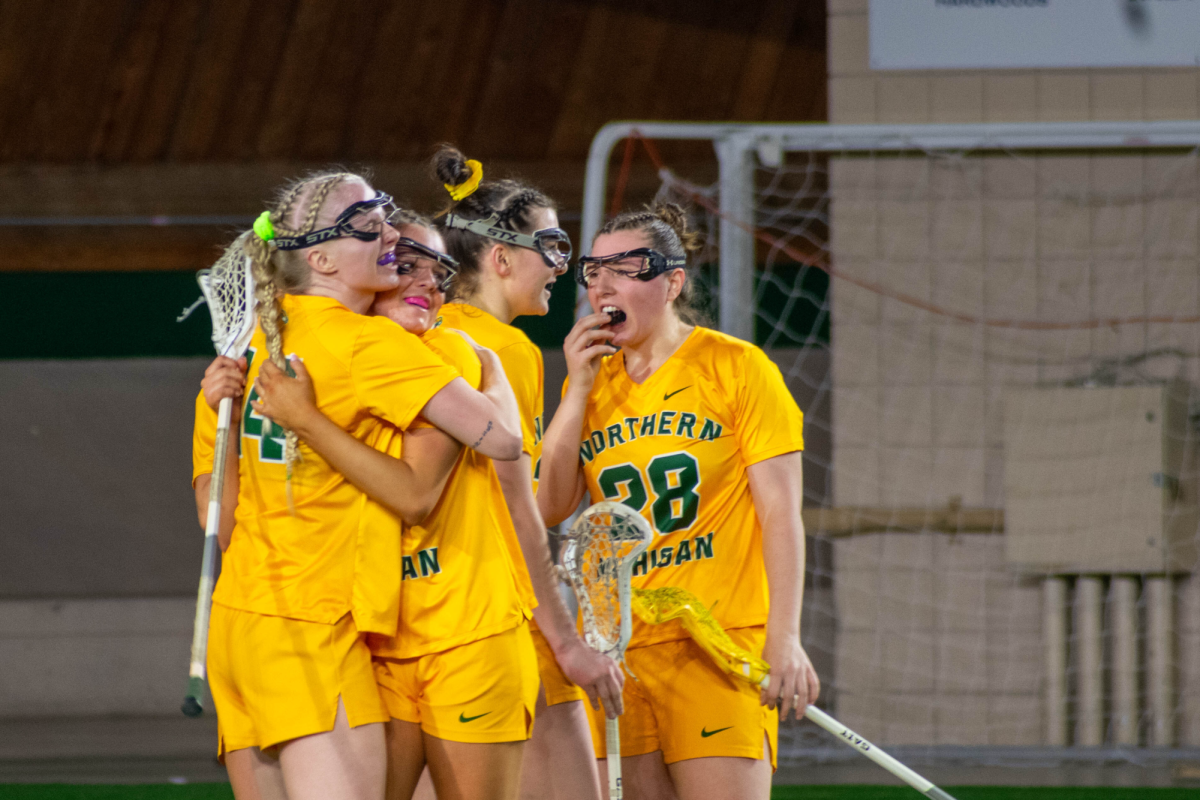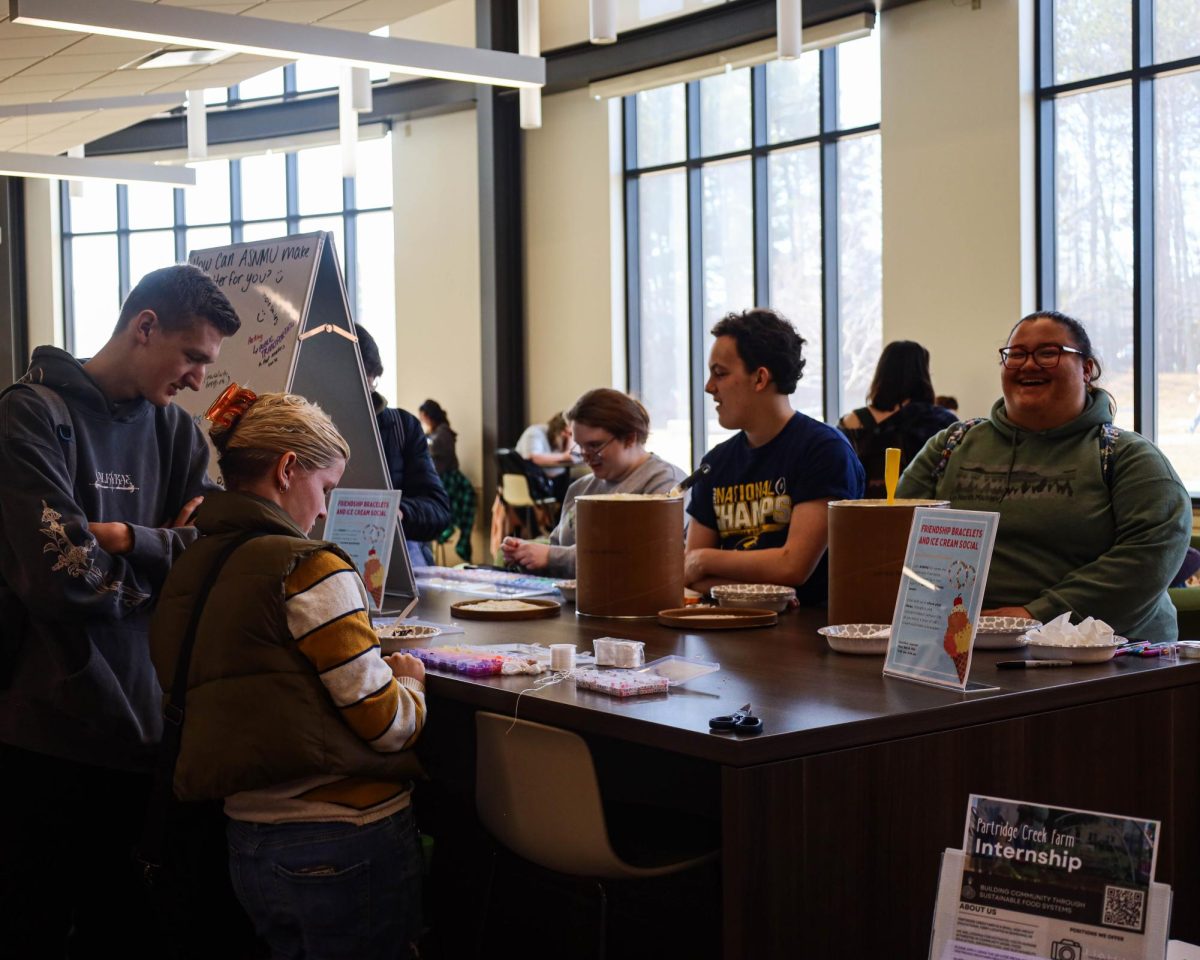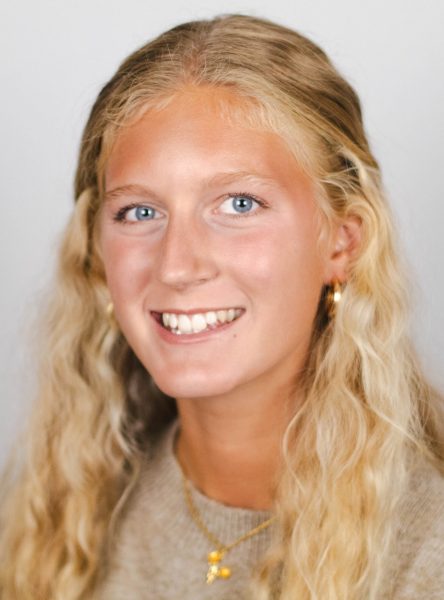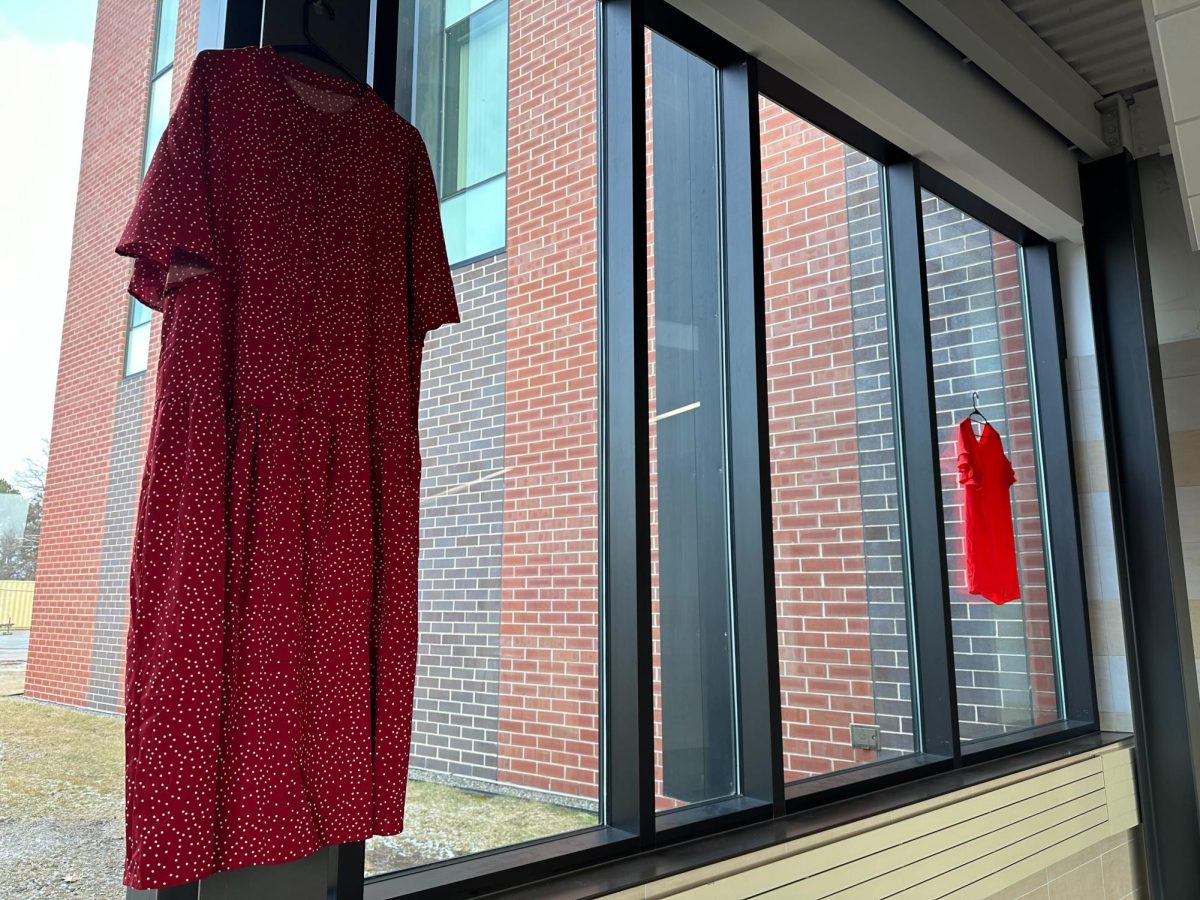The NMU chapter of the American Association of Professors (AAUP) is engaged in negotiations concerning the terms of a new contract. According to Ronald Sundell, associate professor of geography and president of the NMU chapter of the AAUP, the process is in the early stages and little can be publicly known. Still, the concerns being addressed by full-time faculty have to do with the quality of NMU as an institution, current economic issues and shared governance between the union and Northern’s administration.
The contract negotiation process, which began last year, is in the hands of a negotiation team composed of chemistry professor Lesley Putman, political science professor Dave Carlson, biology professor Alec Lindsay and manager of the NMU archives Marcus Robyns.
“It’s all in their hands. They are the focal point of this whole process,” said Sundell. “People tend to think contract negotiations are all about salary, but a lot has to deal with what is needed to give students the best education possible.”
Sundell added that the issue of shared governance is one of the most important aspects during contract negotiations. Shared governance involves the faculty having a substantial amount of input concerning what happens within the university.
Brent Graves, biology professor and the AAUP’s information officer, said shared governance is necessary to keep the relationship between faculty and administration running smoothly, which in turn provides students with a better educational experience.
“We are not just employees, but also professionals with a lot of experience,” Graves said. “We want to not just take orders, but have a say in what goes on.”
NMU President Les Wong said Northern has been successful with keeping the AAUP and other faculty involved with happenings within the university. He said members of the faculty sit on the president’s board as well as other key committees, and have a substantial amount of input with Provost Susan Koch and the overall administration.
“I am very pleased with our past and present efforts towards maintaining shared governance,” Wong said. “We were one of the only universities to open up about oncoming budget cuts, when we could have kept silent. We wanted to be open with faculty and the public . That, to me, is shared governance.”
When it comes to the issue of quality, a recent concern is the student to faculty ratio at NMU, Graves said. According to the Higher Education Institutional Data Inventory (HEIDI), NMU has the highest student to faculty ratio among similar public universities, meaning there are more students per class than instructors may be able to handle on their own.
“One big thing we try to push at NMU is one-on–one student and teacher interaction,” Graves said. “That’s impossible to do without enough faculty . in order to maintain a quality university, you need enough faculty to do so.”
The current economic situation also has an impact on faculty members. There has always been a high correlation between quality of an institution and the salary of its pr ofessors, Graves said. He added that if NMU wants to continue gaining valuable faculty, a competitive salary needs to be maintained.
“When a job ad goes out for a university position, the first thing people do is look up the AAUP salary surveys,” Graves said. “They’ll see that ours is the lowest in the state, which is not a good way to attract the best faculty.”
On Thursday, May 21, all unions on campus met with President Les Wong to discuss the state economy and budget situation at NMU. Topics of discussion included budget shortfalls for the university and the necessary steps the administration will need to take. Sundell said that while exact details could not be discussed because of the AAUP’s current contract negotiations, a salary freeze was mentioned as a future possibility.
“The notion of salary freezes was among a variety of ideas that came in from the community even before I held my forum last winter,” Wong said. “I said from the beginning this had to be endorsed by the labor unions, so that was a big part of discussion during our meeting.”
Freezing salaries would take care of half of the proposed $4 million budget cut. Wong added that if a salary freeze occurs, employee contributions towards such premiums as health care plans would also freeze.
While concern about possible budget cuts may have some effect on the negotiation process, Graves said it is understandable that the administration is only preparing for the worst case scenario.
“They need to be prepared for the worst, and that is what they are doing,” he said. “But there are a lot of ways to cover costs of the university, there are a lot of things the university spends money on besides faculty. Supporting faculty should be kept a key priority.”
The AAUP’s current contract, which was in effect for three years, ends July 1. In the event that a new contract is not yet completed by the upcoming fall semester, faculty will not be operating without contract but under the previous contract held.





